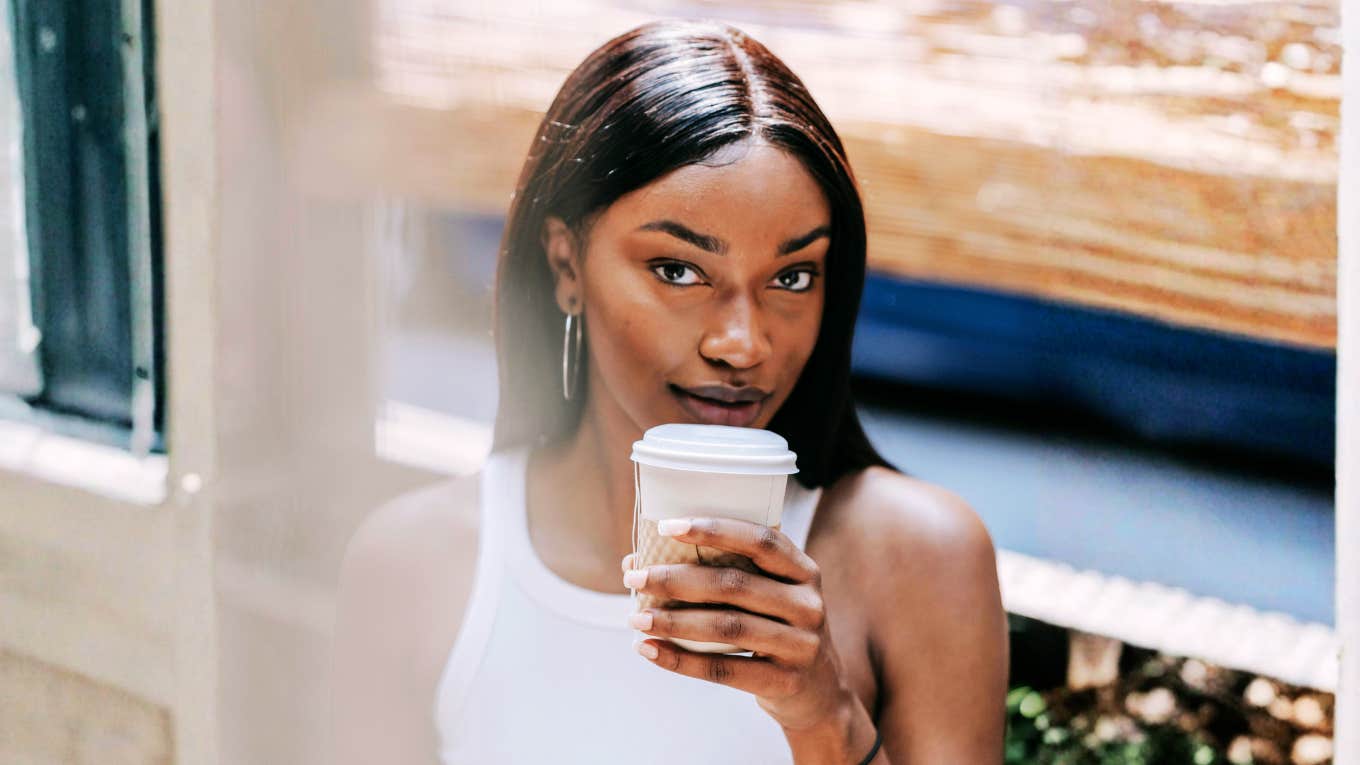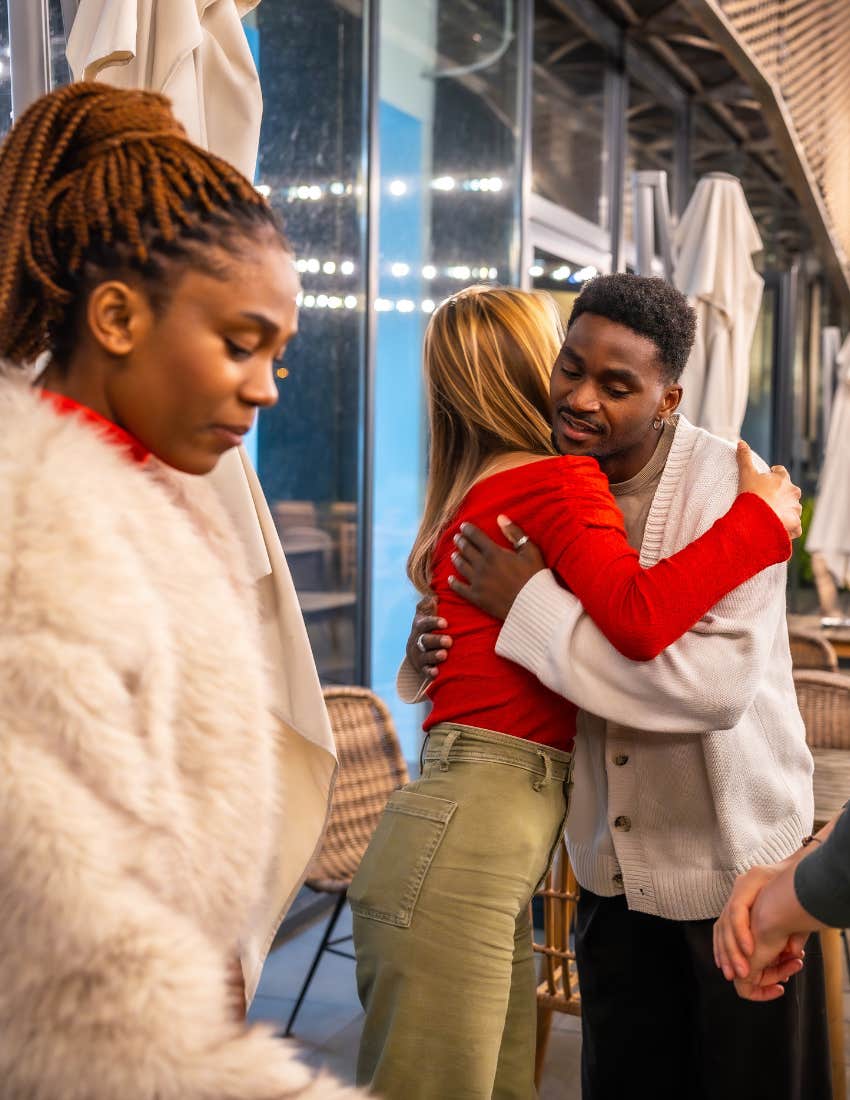People In Good Relationships Look For These 4 Attraction Factors Before Choosing Who To Trust
What tod o when your mind says 'no' and your body says 'yes',
 Mike Jones | Pexels
Mike Jones | Pexels Attraction is a tricky beast. You’re hot one minute, and the next it's nothing but fumes. How many times have you met someone who ticked all the boxes, only to find the trust factor to be nowhere in sight?
There are times your brain is saying, "No!" but your body screams (maybe even literally), "Yes! Yes! Yes!" So, let’s break down how people in happy, healthy relationships decide who to trust.
People in good relationships look for attraction factors before choosing who to trust
1. Evolutionary attraction
Our mammalian heritage is predetermined to aim for survival, on a day-to-day basis and overall as a species. Even if you don’t want children, evolutionary strategies play a role in how you ferret out who could be a good match.
People bring different resources — money, power, creativity, and kindness — to the table, and what's considered necessary or attractive is completely subjective.
Anything that may give our real or "never happening except in the mind of mama nature" offspring a leg up in the world could become a trait we knowingly or unknowingly seek out.
2. Physical and biological attraction
This means hormones! Under the surface, we all have lots of hormonal scripts being played out at any given time. Hormones affect how we smell to others, how we experience pleasure, and our level of "giddy-up."
Chemicals in the brain make us feel good (dopamine), happy (serotonin), and head-over-heels (norepinephrine). They can induce bonding (oxytocin) and set the stage for our receptiveness to a partner.
Their levels also change dramatically when we get the feels or experience fear or intensity, and the feedback loop can be intoxicating.
3. Psychological attraction
Our psychological profile plays a huge role in what governs our arousal and attraction. Who has loved us in our formative years and how they loved us shapes the way we get turned on and ignites our spark.
We often gravitate toward people who are like us or like the people closest to us, sometimes in appearance and other times in personality.
If your mother was preoccupied with a sibling or sick relative, you may be inclined to be attracted to people who are less emotionally available.
We seek out what's familiar or helps us resolve our unfinished psychological business. When opposites attract, it's likely an unconscious move toward a partner who can do some of your dirty work for you.
For example, if you're someone more reserved, you may find it super attractive when a partner has no problem telling the waiter how the kitchen flubbed your dinner.
How we see ourselves is often a benchmark for who we are attracted to and who we attract.
If your self-esteem is in the gutter, you may attach a lot of weight to who likes you, and you may develop fantasies about who you will be in relation to a partner.
These kinds of fantasies are different because they discount the reality of a partner in the service of your own need to feel good enough.
Some amount of unconditional love is to be expected in any new relationship, but living in a fantasy will leave you susceptible to psychodramas and toxic patterns.
4. Socially-reinforced attraction
 Unai Huizi Photography via Shutterstock
Unai Huizi Photography via Shutterstock
Humans are social and relational creatures. We live our best lives when we are connected to others. In our various groups, like family, friends, culture, profession, and religion, there are generally ascribed standards that the group maintains.
In seeking a partner, we often prioritize the traits in a partner that align with our beliefs and leave us in good standing within our different groups. That said, every group includes someone who challenges the norm, and they may seek out people who are different from the status quo.
There is no solitary explanation for why we are attracted to certain people because there are so many constantly moving parts. Remember this: We are all desired by someone.
Although standards of beauty and status often dictate the cultural conversation about what is attractive, and comparison has become an Olympic sport, the diversity of what gets people excited — intimately and relationally — is infinite.
People are drawn to all kinds of traits. So just be authentically you, and you will attract and be attracted to people who complement you well.
Dr. Kate Balestrieri is a licensed psychologist who focuses on helping people heal from trauma and relationship issues.

